Advisory Board
Home / About Us /Advisory Board
Advisory Board
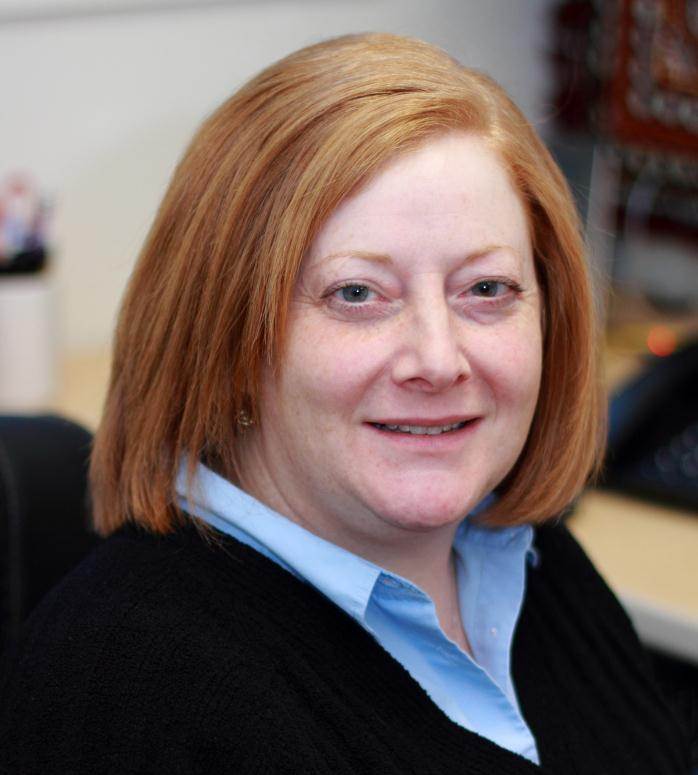
JOANNE KAMENS, PhD
Executive Director, Addgene
Dr. Kamens is the Executive Director of Addgene, a mission driven, nonprofit dedicated to helping scientists around the world share useful research reagents and data. Addgene was the 2016 Boston Globe #1 Top Place to Work in the small company category. Dr. Kamens received her PhD in Genetics from Harvard Medical School then spent 15 years as a researcher and manager in Pharma at BASF/Abbott working on both small molecule and antibody therapies for immune disease. She founded the current Boston chapter of the Association for Women in Science. In 2010, Dr. Kamens received the Catalyst Award from the Science Club for Girls for longstanding dedication to empowering women in the fields of science, technology, engineering and mathematics and in 2013, she was named one of PharmaVoice’s 100 Most Inspiring Commanders & Chiefs. She serves on a number of other nonprofit boards and speaks widely on career development and workplace diversity topics in person and via Webinar.
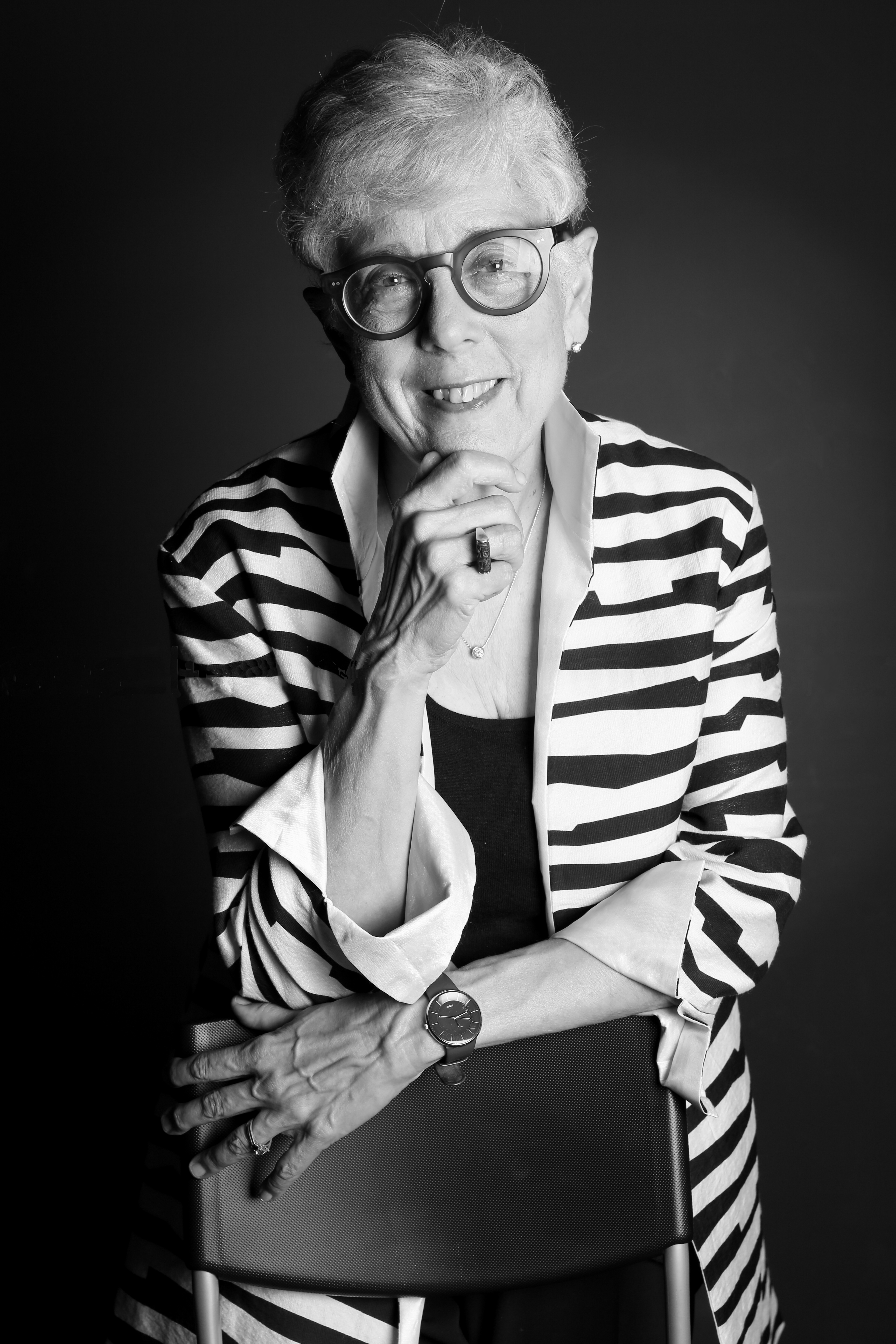
PAULA STEPHAN, PhD
Professor of Economics, Georgia State University
Paula Stephan is professor of economics, Georgia State University and a research associate, National Bureau of Economic Research. She is a Fellow of the American Association for the Advancement of Science and a member of the Board of Reviewing Editors, Science. Science Careers named Stephan their first “Person of the Year” in December of 2012 “honoring an individual who, during the past 12 months, has made an especially significant and sustained contribution to the welfare of early-career scientists.” Stephan has published numerous articles in such journals as The American Economic Review, The Journal of Economic Literature, Management Science, Nature, Organization Science, and Science. Her book How Economics Shapes Science was published by Harvard University Press, 2012. Her research has been supported by the Alfred P. Sloan Foundation, the Andrew W. Mellon Foundation, and the National Science Foundation.
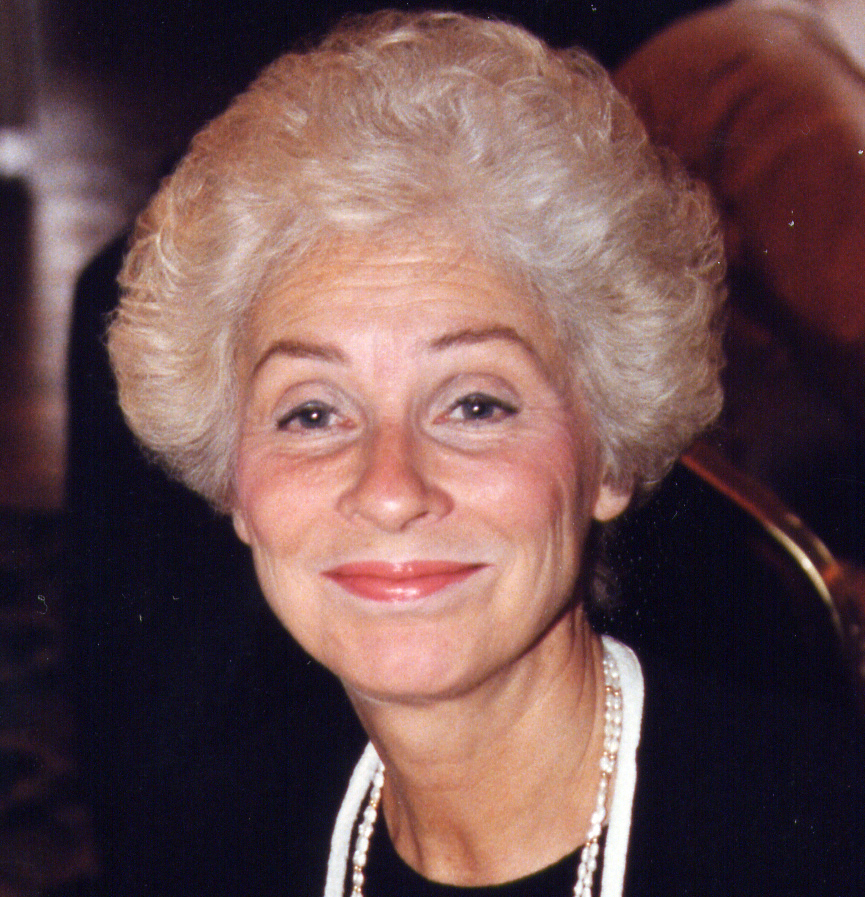
NANCY SCHWARTZ, PhD
Professor, and Dean for Postdoctoral Affairs, University of Chicago
Dr. Nancy B. Schwartz is Professor at the University of Chicago in the Departments of Pediatrics and Biochemistry and Molecular Biology, and the Committees on Developmental Biology and Molecular Medicine. She has trained 18 PhD and MD/PhD students, 36 postdoctoral fellows, and has been preceptor for several young clinical faculty members. She was Dean for Graduate Affairs (1985-2010), on the GRE Board of Directors, the NPA Advisory Board, the AAMC GREAT Graduate Deans and Postdoc Steering Committees (and chair of both), the NAS Committee to Review the State of the Postdoctoral Experience (COSEPUP), and has served on several study sections and editorial boards. Currently, Dr. Schwartz is Dean for Postdoctoral Affairs, a member of NIH Director’s Early Investigator Award, Executive Board of the Leadership Alliance and NHBLI PEG Advisory Board. She has been awarded the 2016 NPA Distinguished Service award and the University of Chicago Faculty Diversity Leadership Award. Dr. Schwartz’s function and responsibilities in graduate and postdoctoral education, training and program administration, have focused on the evolving and complex needs of emerging researchers in the life sciences.
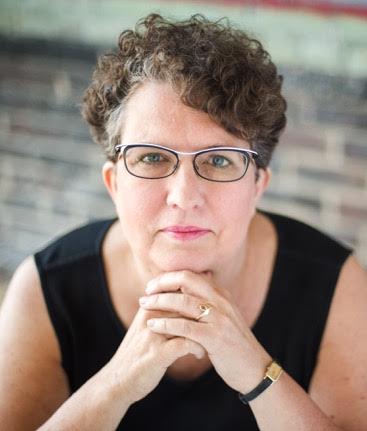
C. K. GUNSALUS, JD
Director, National Center for Professional and Research Ethics, University of Illinois Urbana-Champaign
C. K. Gunsalus is the Director of the National Center for Professional and Research Ethics (NCPRE), Professor Emerita of Business, and Research Professor at the Coordinated Sciences Laboratory. Gunsalus was the PI for the centerpiece project of NCPRE, Ethics CORE, a national online ethics resource center initiated with $1.5M from the National Science Foundation. In 2004, she was elected a Fellow of the AAAS in recognition of her “sustained contributions to the national debate over improving the practical handling of ethical, legal, professional and administrative issues as they affect scientific research.” She served on the Committee on Responsible Science of the National Academy of Sciences from 2012 through the release of their final report, Fostering Integrity in Research, in 2017. She also served on the Committee on Research Integrity of the Association of American Medical Colleges (AAMC) and the Government-University-Industry Research Roundtable Ad Hoc Group on Conflict of Interest. She is the author of two Harvard Press books, The College Administrator’s Survival Guide and The Young Professionals Survival Guide, designed to aide academics and young professionals, respectively, as they emerge in their careers.
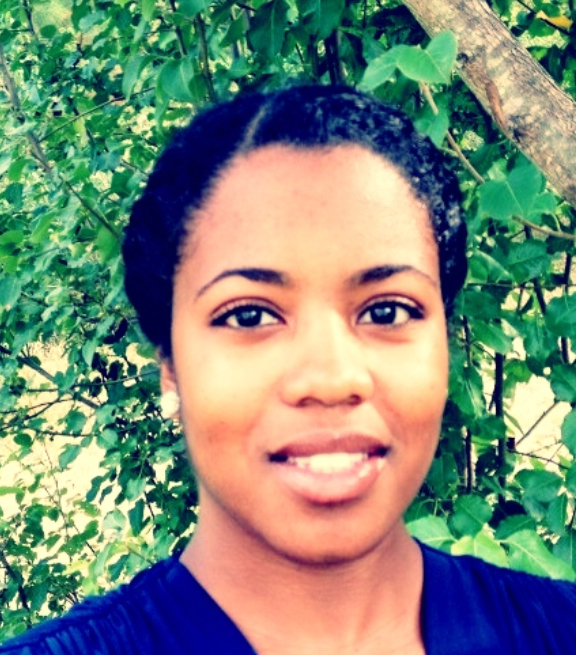
STEPHANI PAGE, PhD
Postdoctoral Research Associate, University of North Carolina Chapel Hill, and Initiator of #BLACKandSTEM Community
Stephani is a postdoc in pharmacology whose research focuses on nutrient sensing and metabolism. She has been committed to advocacy for biomedical research and for diversity, inclusion, and equity in STEM. Stephani is the creator and curator of the #BLACKandSTEM social media community which engages hundreds of STEMprofessionals from underrepresented backgrounds. Her work has led to features by Fast Company, NPR, and Nature.
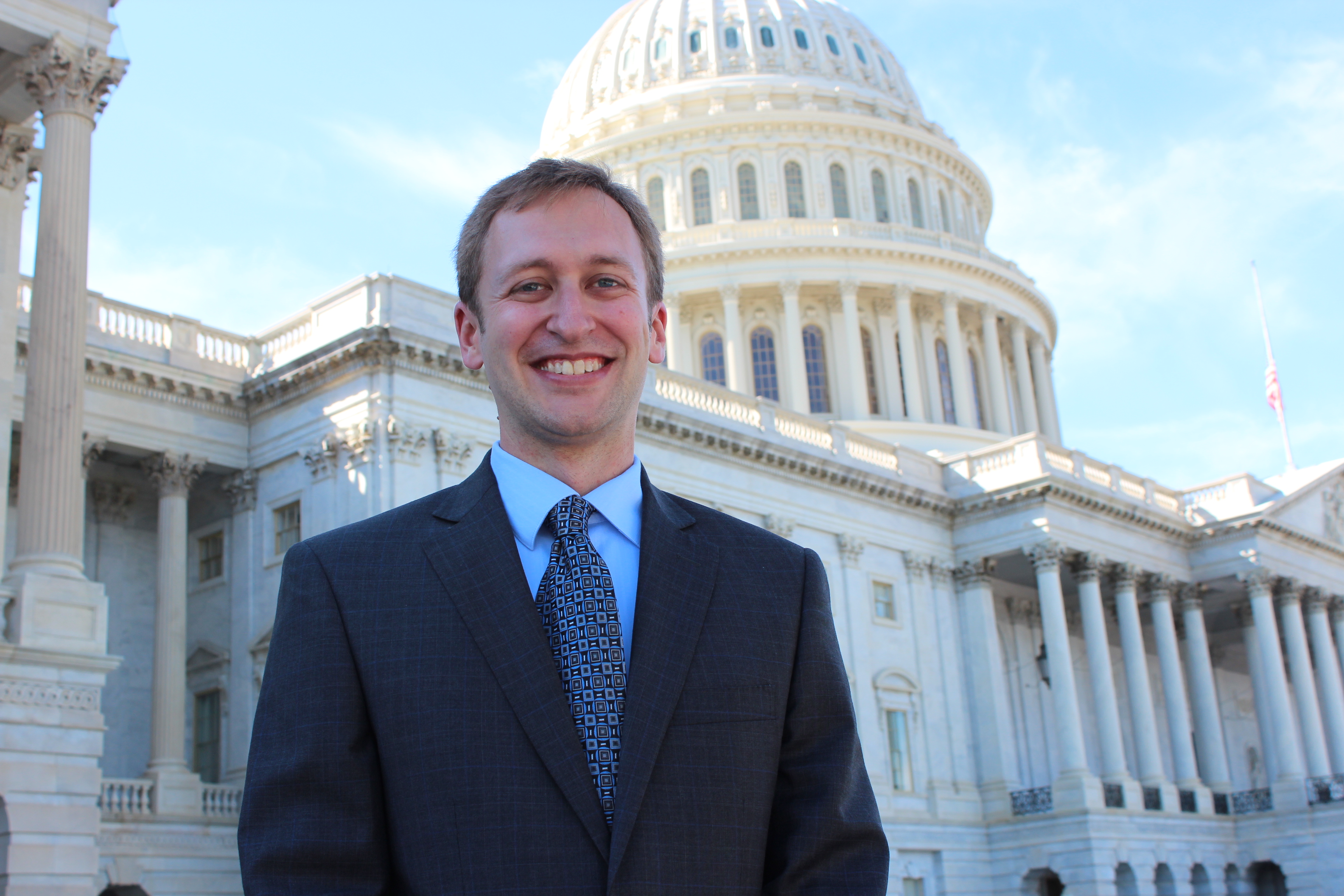
CHRISTOPHER PICKETT, PhD
Director of Rescuing Biomedical Research
Christopher L. Pickett, Ph.D. is the director of Rescuing Biomedical Research and conducts the day-to-day work of the organization. Prior to joining RBR, Chris was a policy analyst with the American Society for Biochemistry and Molecular Biology where he headed up the society’s efforts on improving the sustainability of the research enterprise. He published a paper in the Proceedings of the National Academy of Sciences on the topic and spearheaded the organization of a meeting to identify action items that would make significant reforms to the enterprise.
Chris got his start in science policy in 2012 as a fellow with the ASBMB, where he worked on legislative and regulatory issues affecting a variety of areas including research funding, portfolio management and training. Before the ASBMB, Chris was a postdoctoral scholar for five years at Washington University in St. Louis, and he received his Ph.D. in Oncological Sciences from the University of Utah in 2006.
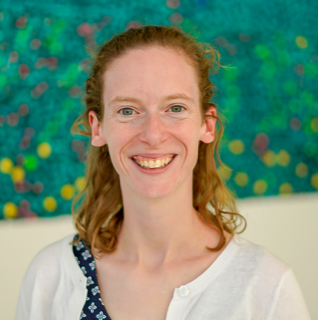
SARAH HOKANSON, PhD
Director of Professional Development & Postdoctoral Affairs, Boston University
Sarah Hokanson was appointed as Director of Professional Development and Postdoctoral Affairs at Boston University in February 2015. She is responsible for overseeing all services and programming for the ~400 postdoctoral scholars at Boston University, as well as supporting the development of University policies related to postdoctoral scholarship. Sarah is a PI of a collaborative NSF Alliances in Graduate Education and the Professoriate (AGEP) project sponsored by the National Science Foundation focused on developing programs that promote inclusive research environments in order to retain and advance underrepresented graduate students and postdocs in academic careers, and recently co-authored a book chapter focused on developing proactive postdoc mentoring relationships. She also co-chairs the Resource Development Committee of the National Postdoctoral Association. Sarah holds a BA in Chemistry from Boston University and a Ph.D. in Biochemistry and Molecular Biophysics from the University of Pennsylvania School of Medicine. Sarah’s graduate research was supported by the NSF Graduate Research Fellowship Program, and she completed a NIH Ruth L. Kirschstein Postdoctoral Fellowship at Cornell University in the Department of Chemistry and Chemical Biology. She received an Executive Education Certificate from MIT Sloan School of Management’s Entrepreneurship Development Program in 2014.
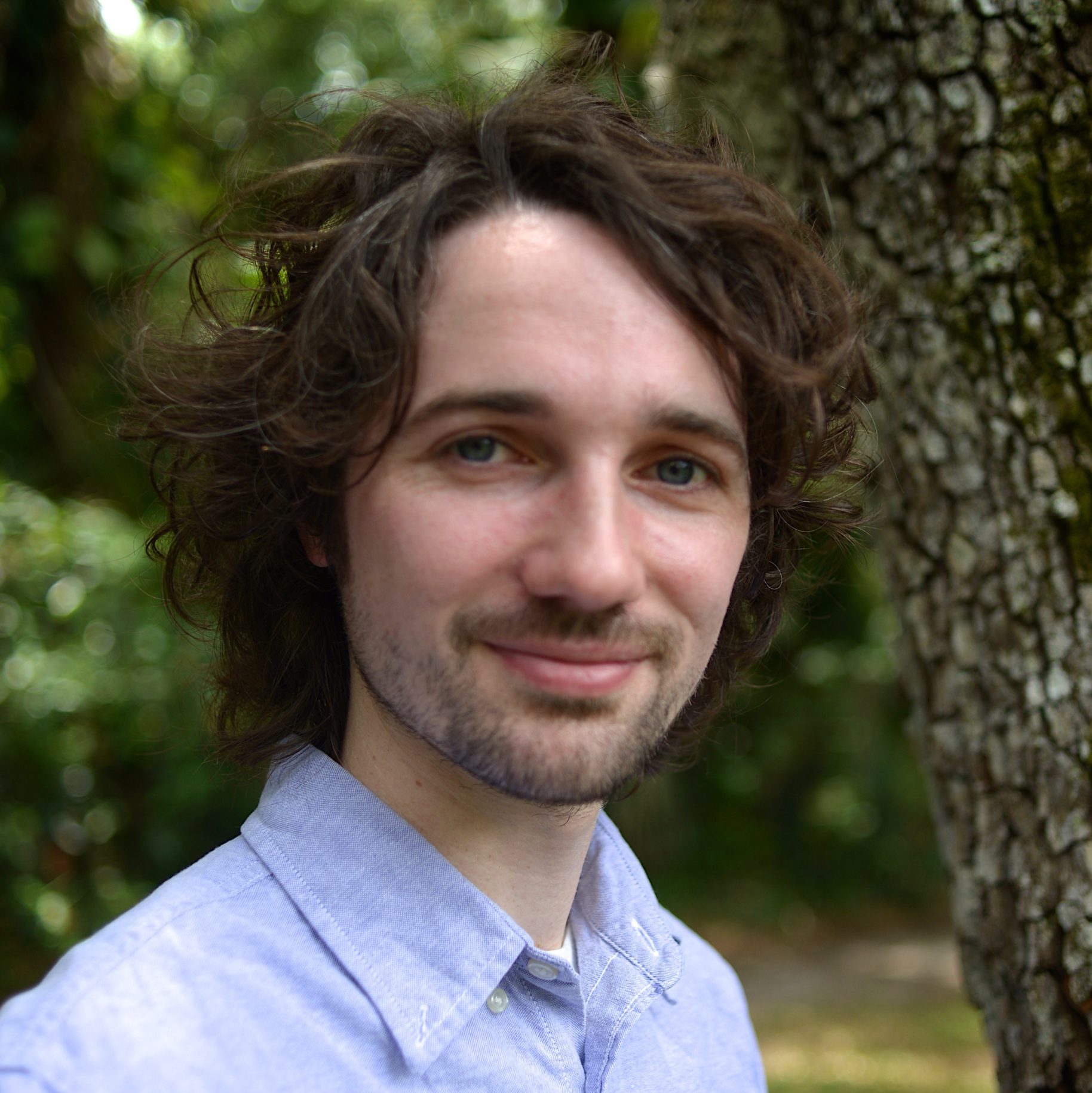
GARY MCDOWELL, PhD
CEO and founder of Lightoller, LLC., Chicago, IL
Gary McDowell co-founded Future of Research and was its Executive Director from 2016 to 2019. Gary also currently sits on the steering committee of Rescuing Biomedical Research. During his time at Future of Research, he was involved in numerous efforts to effect systematic change across the scientific enterprise. He co-chaired workshops at national summits to identify and implement action items addressing issues adversely affecting the people who do science. He collaborated with organizations such as the U.S. Census Bureau to draw attention to the realities of the early career researcher population. He was appointed to the Next Generation Researchers Initiative, mandated by the U.S. Congress under the 21st Century Cures Act, and convened by the National Academies of Science, Engineering, and Medicine, to examine the policy and programmatic steps the nation should undertake to ensure the successful launch and sustainability of careers among the next generation of researchers in the biomedical and behavioral sciences in the U.S. Currently, Gary works to center people in research policy, advocating for and with early career researchers to effect change. His consultancy firm, Lightoller LLC. works to effect change, aiming to transform organizations into inclusive environments for early career researchers.
